Projects
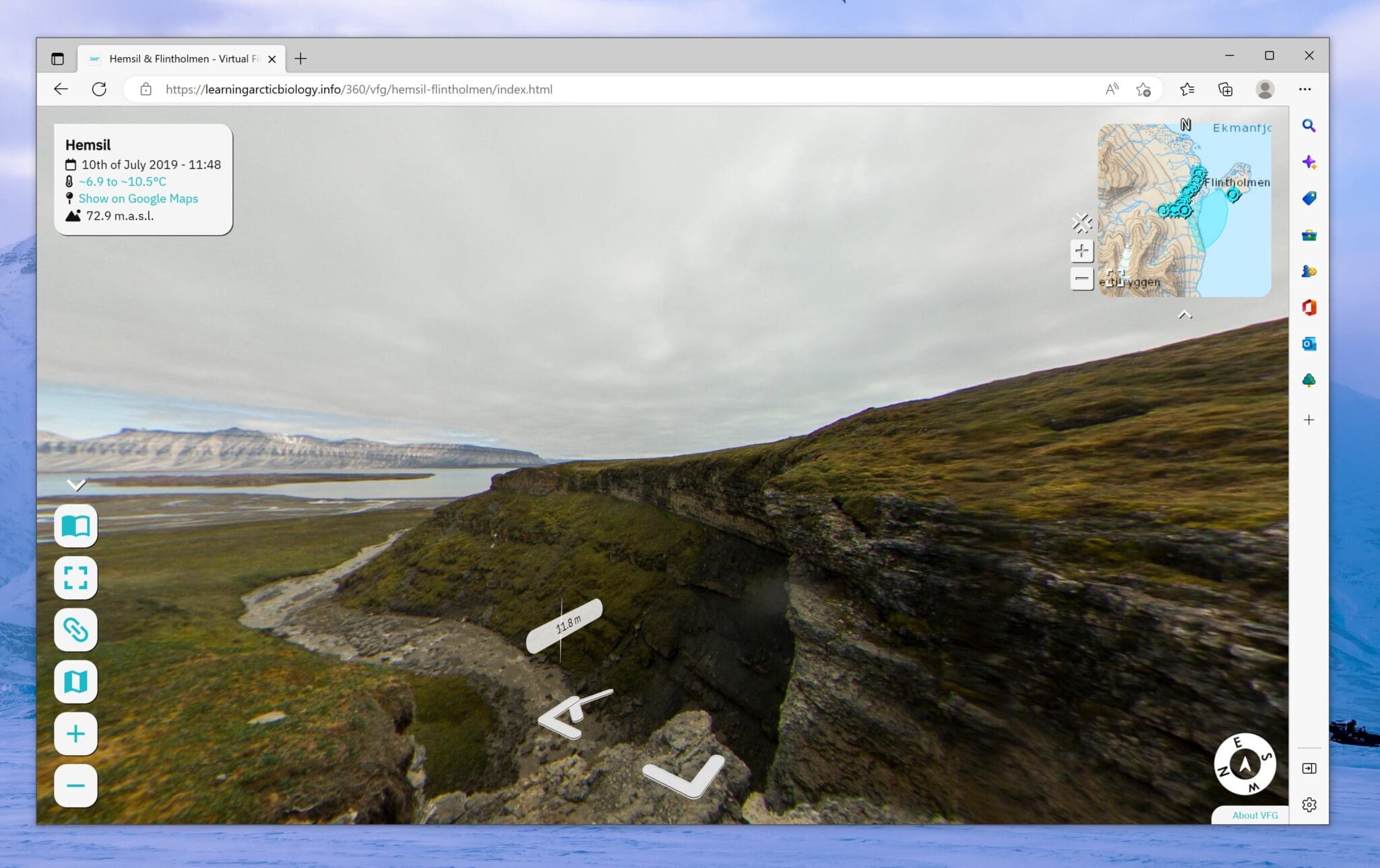
active
360° Virtual Field Guides
FieldPass are trying to improve how students can learn about fieldwork and how practical skills and general competences achieved through fieldwork can be assessed. One way to achieve this is through the use of Virtual Field Guides (VFG's).
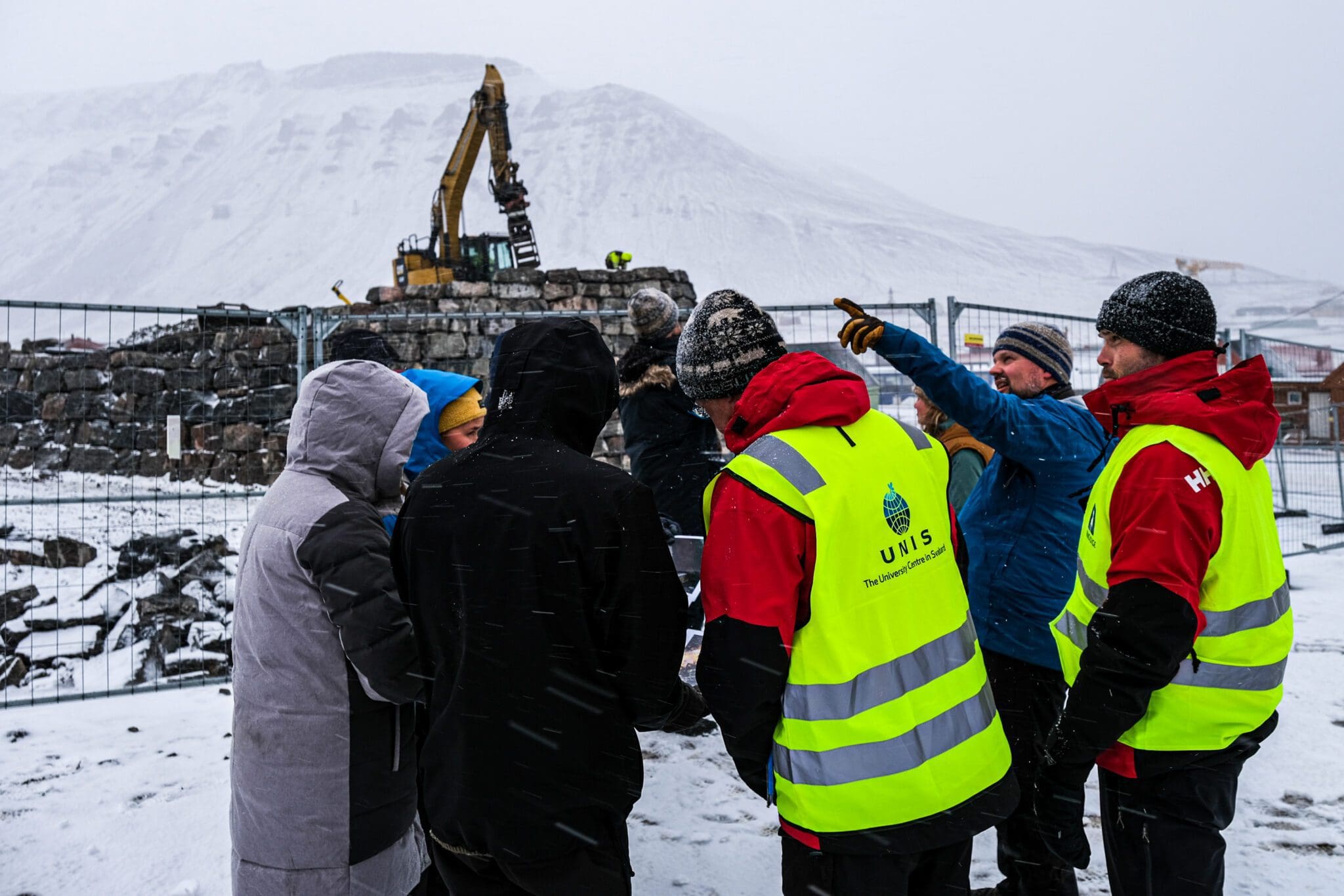
active
ARCT-RISK
The primary objective of ARCT-RISK is to develop knowledge and tools to make sense of and deal with effects of climate change on society’s ability to protect the life and health of its citizens and to maintain critical infrastructure and function.
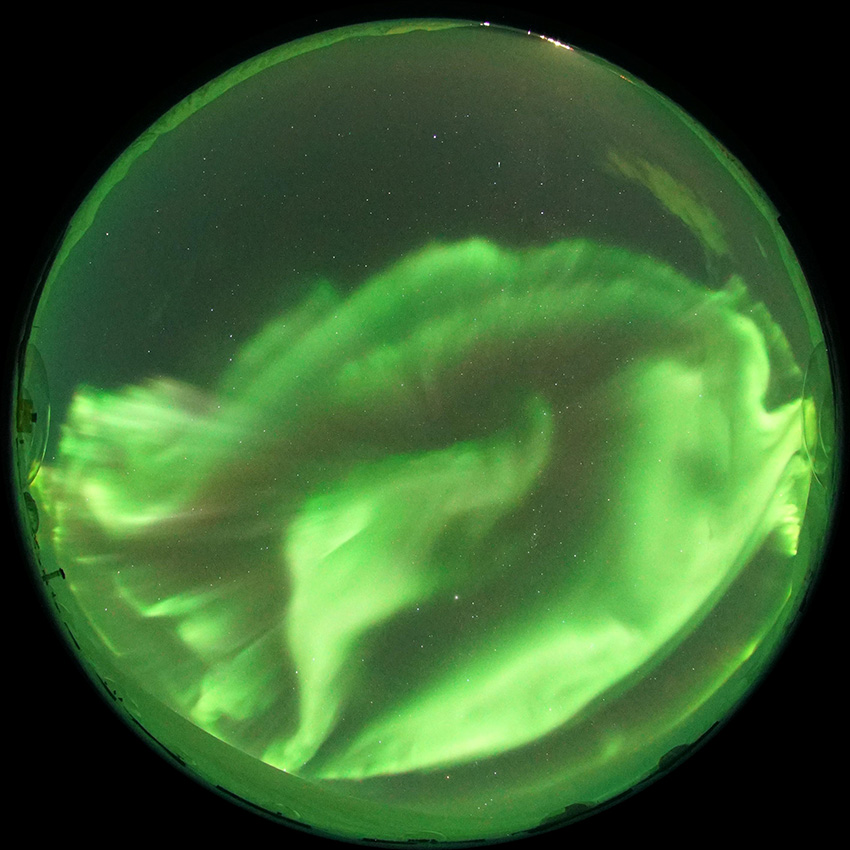
concluded
AWAT-project
The project aimed to initiate a new collaboration between the two research groups through a joint study into how energy is dissipated into the upper atmosphere through interaction between the Sun’s magnetic field (IMF) and the Earth’s magnetic field.
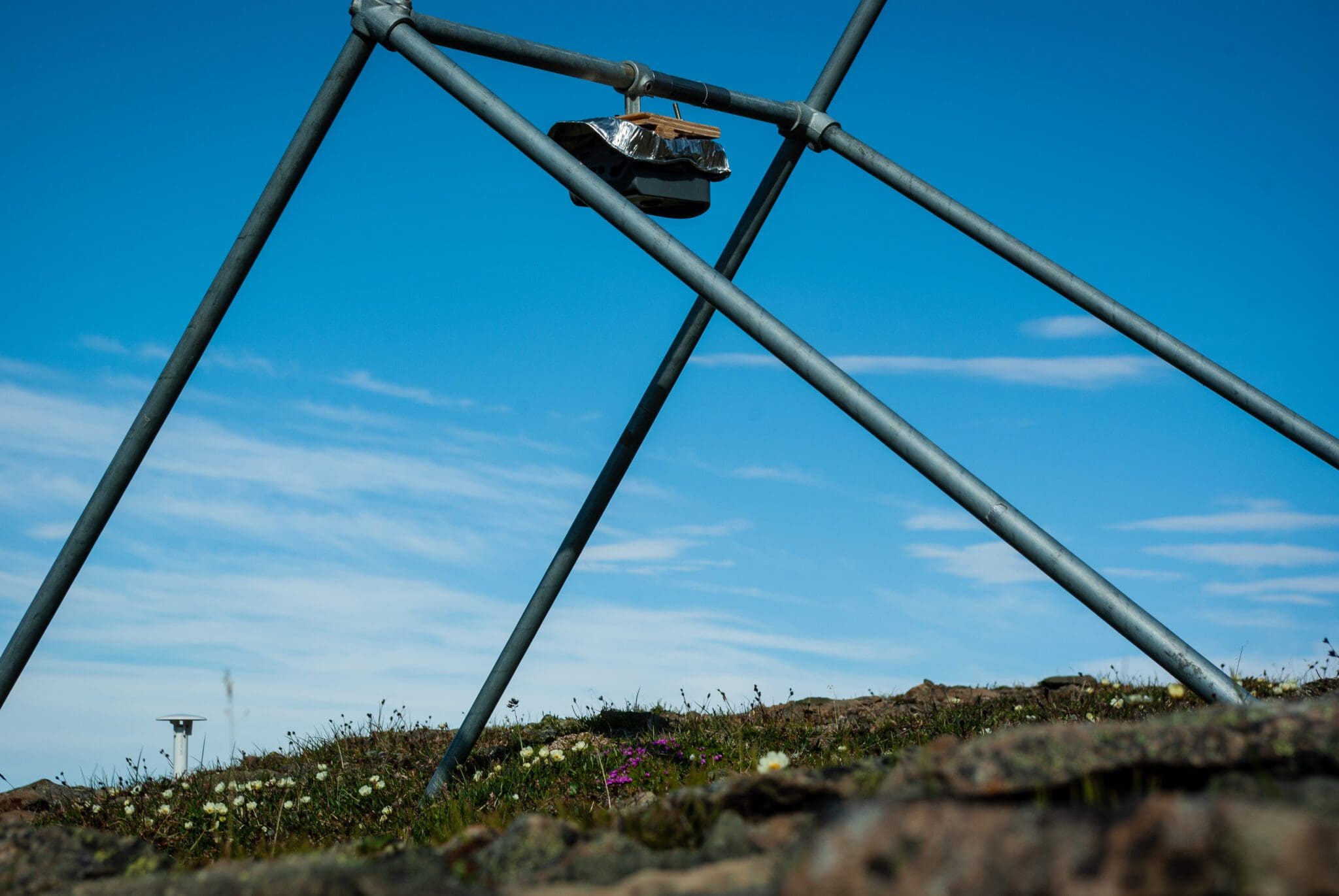
active
BIG – Flower & invertebrate phenology time series
With the use of time-lapse cameras mounted above plants and invertebrate traps, we can study the phenology of flowers and invertebrates.
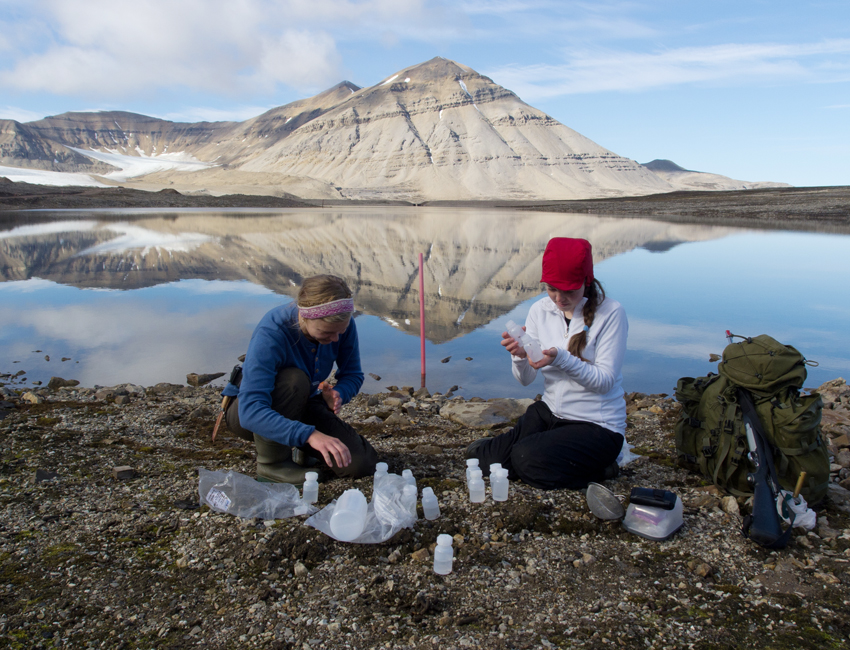
concluded
bioCEED
Are you a student or staff at UNIS? Do you want to get involved in biology education development? Do you want to know what UNIS offers besides your regular studies? Then you are in the right place!
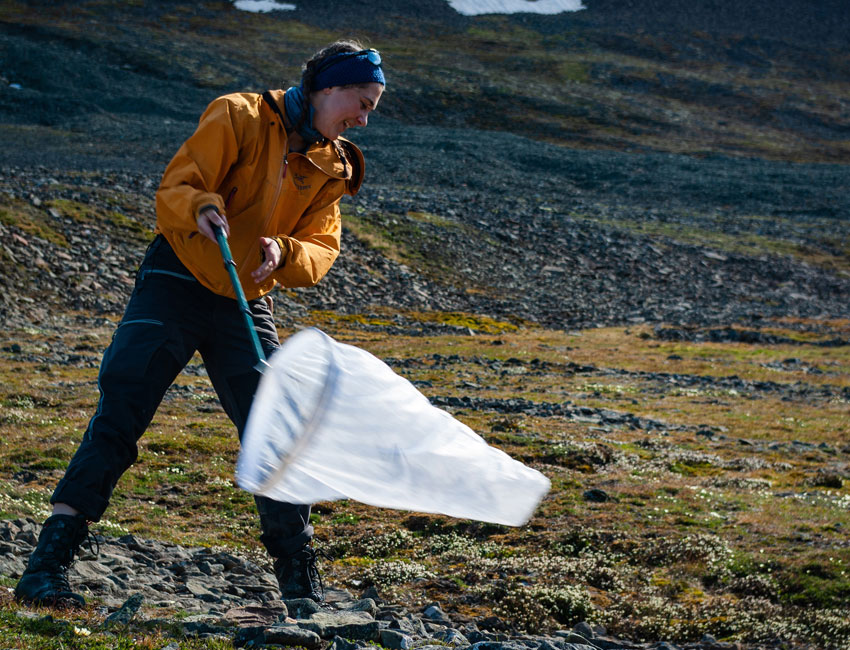
active
Bjørndalen Integrated Gradients (BIG)
Bjørndalen Integrated Gradient (BIG) is a field-laboratory that enables close integration of research and course activities, and a great arena for students to participate and contribute to research projects.
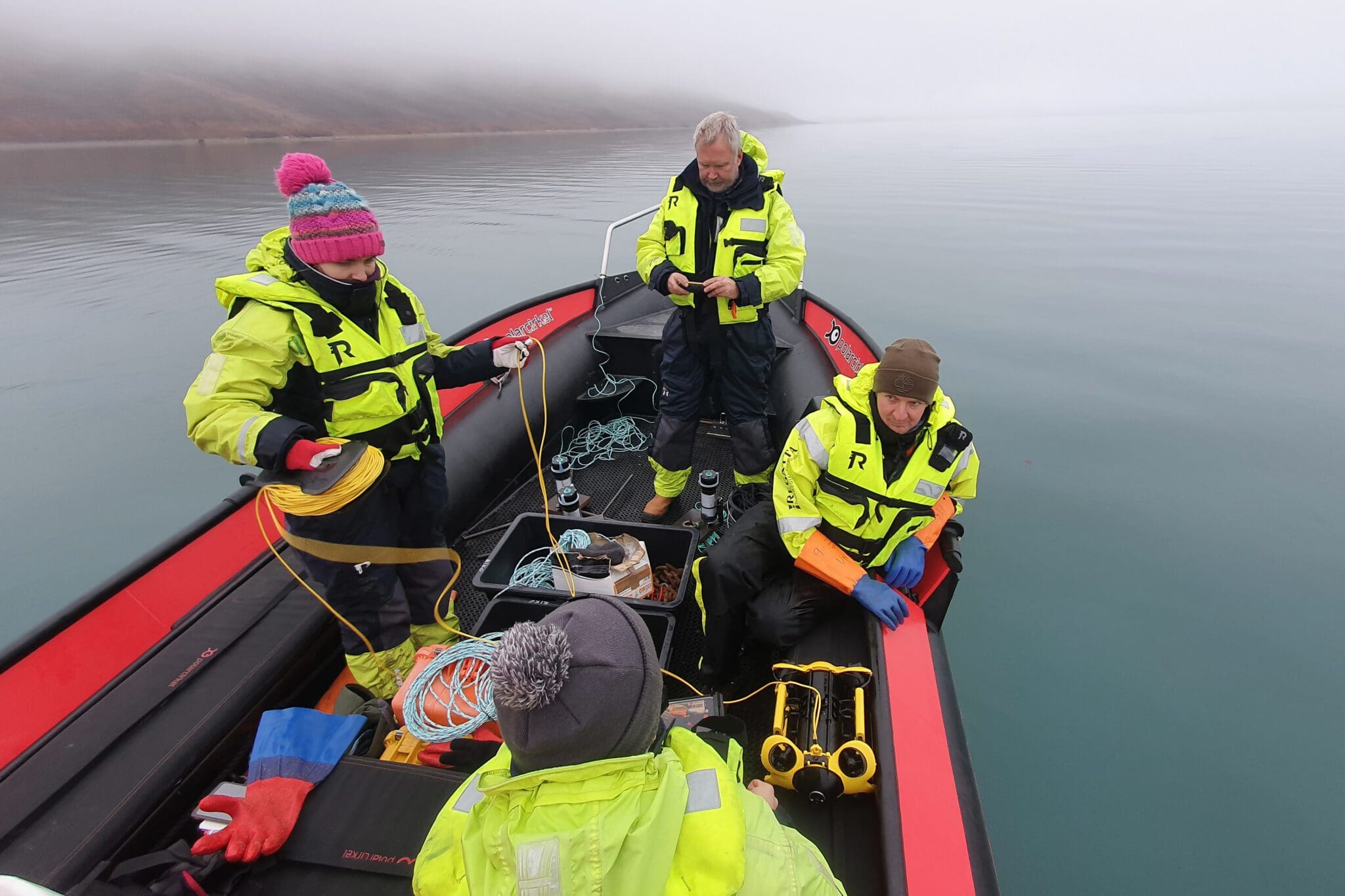
active
CoastAdapt
Adapting to the rapidly changing Arctic: Implications of hydrodynamic processes on the coastal-marine environments in Svalbard.
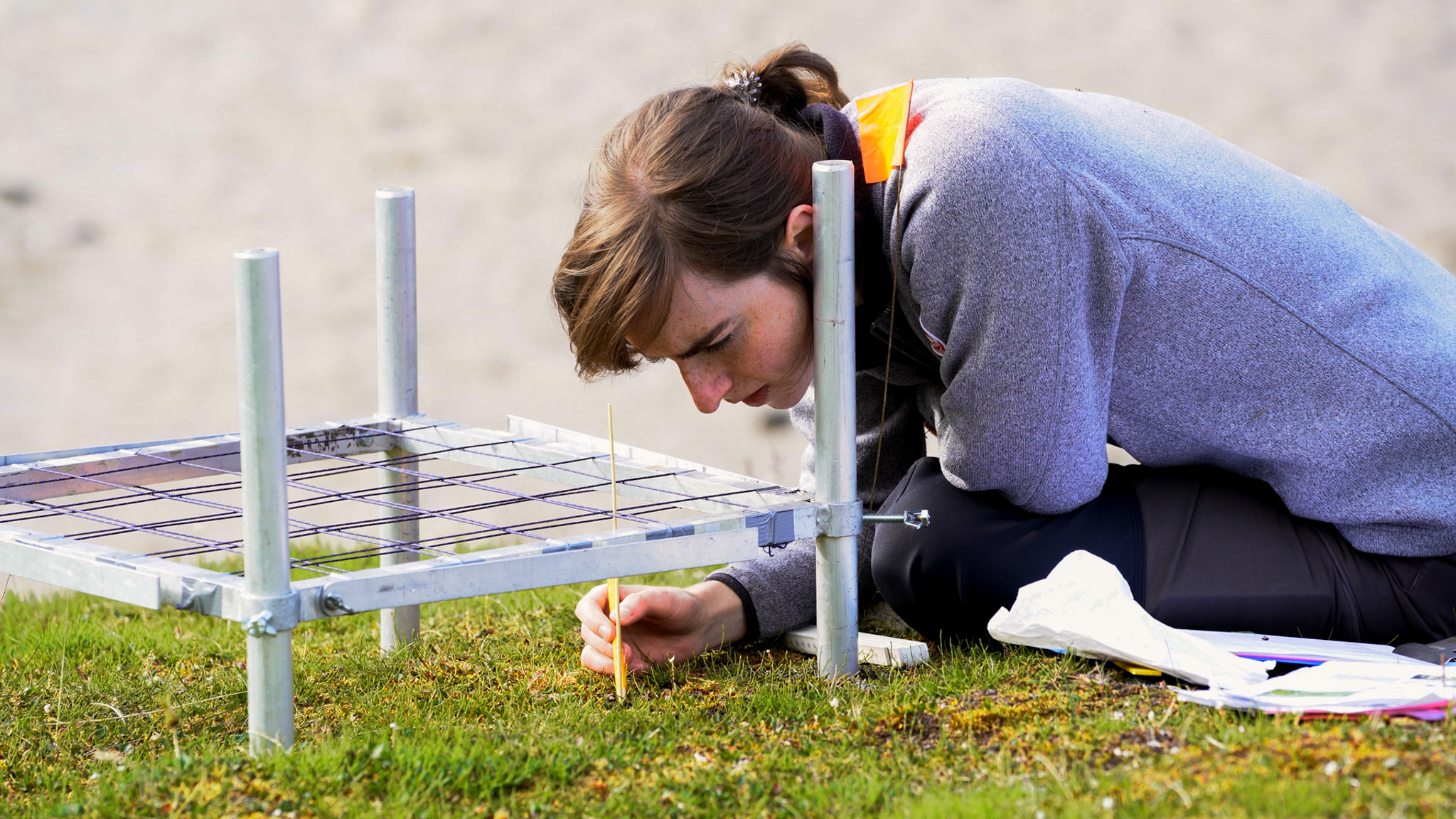
active
FieldPass
In this project, we develop and test preparation and assessment forms that are suited for field and lab related learning outcomes.

active
GLAD – Glacial microbiomes – in light and darkness
In this project, we have established a site on Foxfonna glacier where cryoconite is sampled in winter and summer.

active
INITIAL – Going BIG: a spatial grid as basis for the Bjørndalen field laboratory
In this project, we have started a long-term monitoring grid on plant communities in the High Arctic.
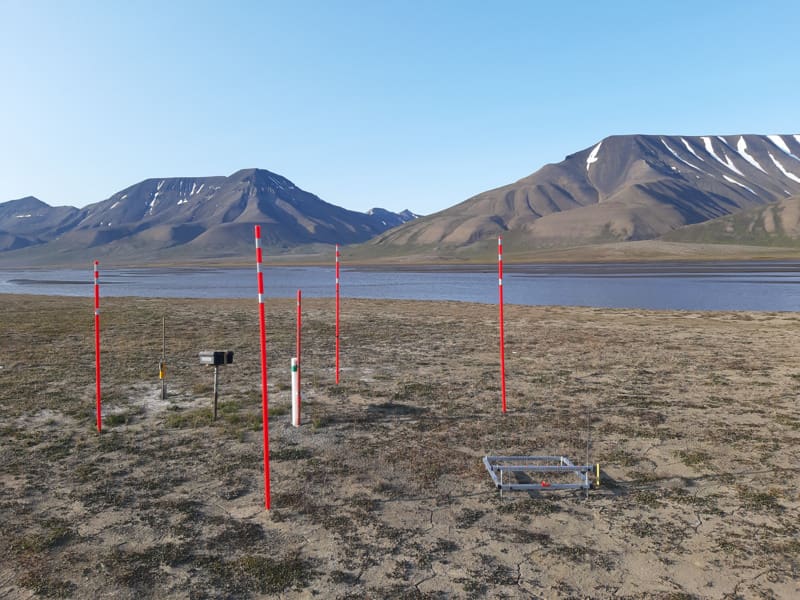
active
INSULATE
INSULATE aims to study the effects of climate change, both biotic and abiotic factors on permafrost insulation on a year-round basis in the Arctic.
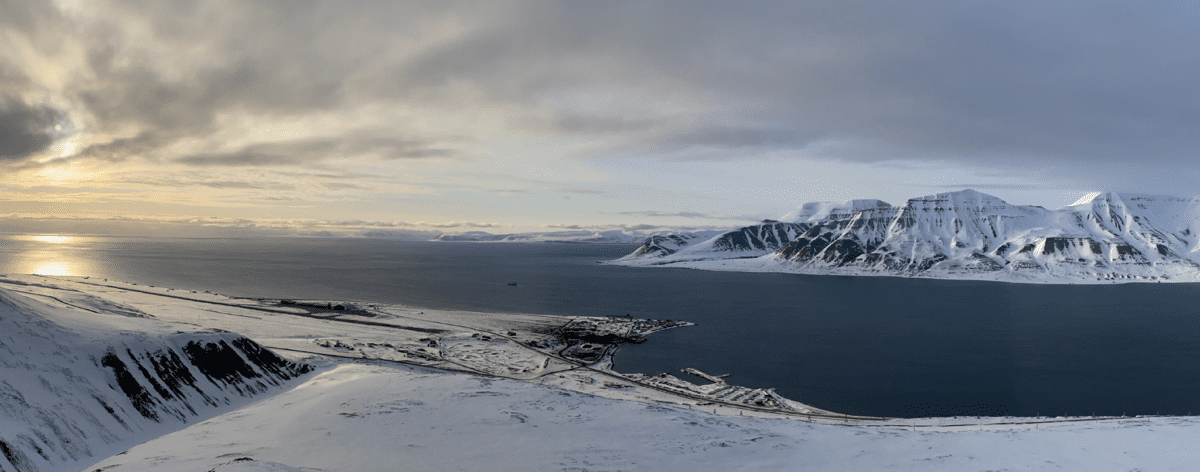
active
Isfjorden Adventfjorden time series
The IsA high Arctic marine time series station is sampled year-round, as a model system for climate change effects on Arctic ecosystems.
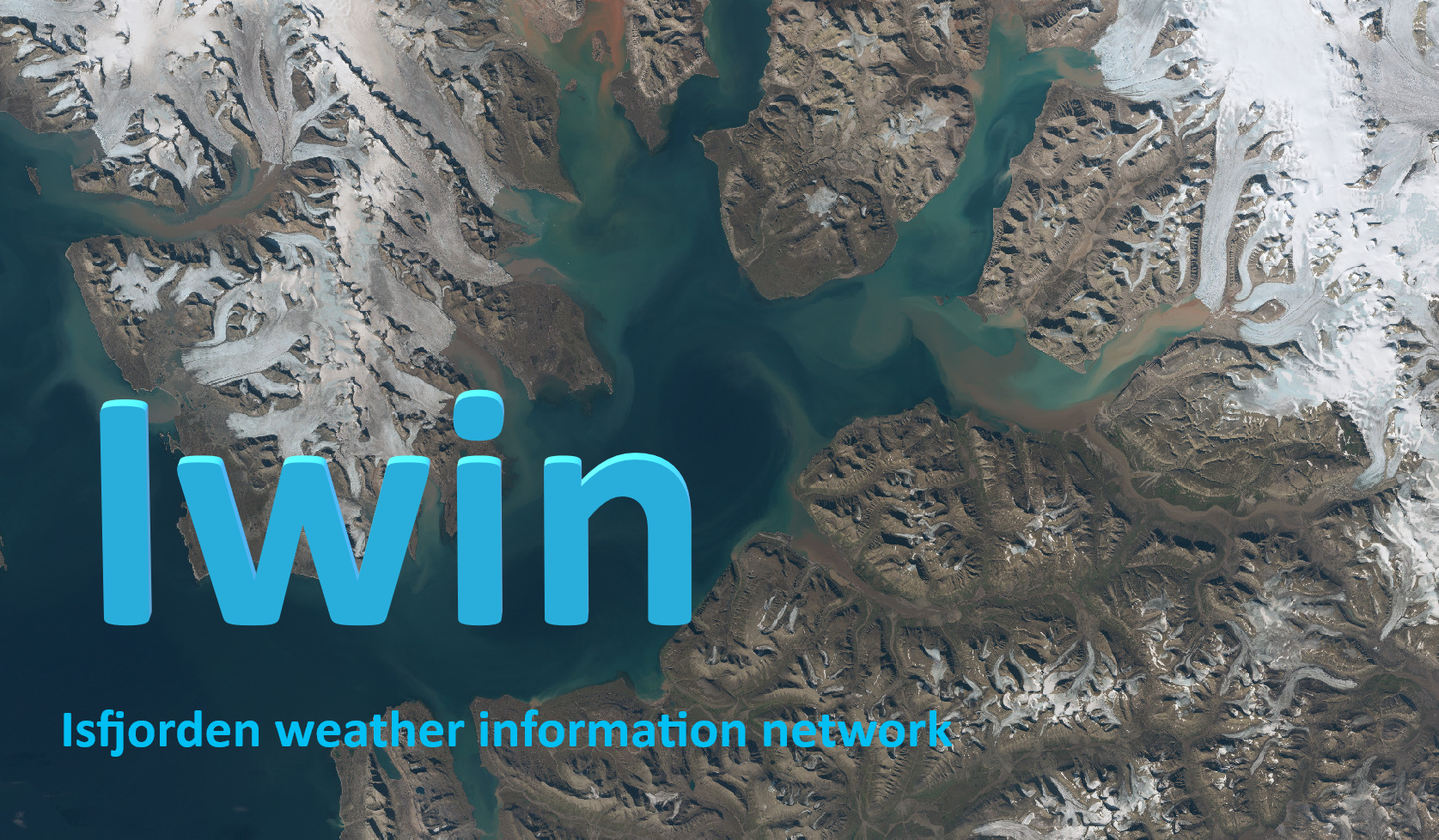
active
Iwin (Isfjorden weather information network)
Providing weather data from several stations in the area, the Isfjorden weather information network aims at improving our understanding of local atmospheric processes and ultimately weather forecasts for the region itself.
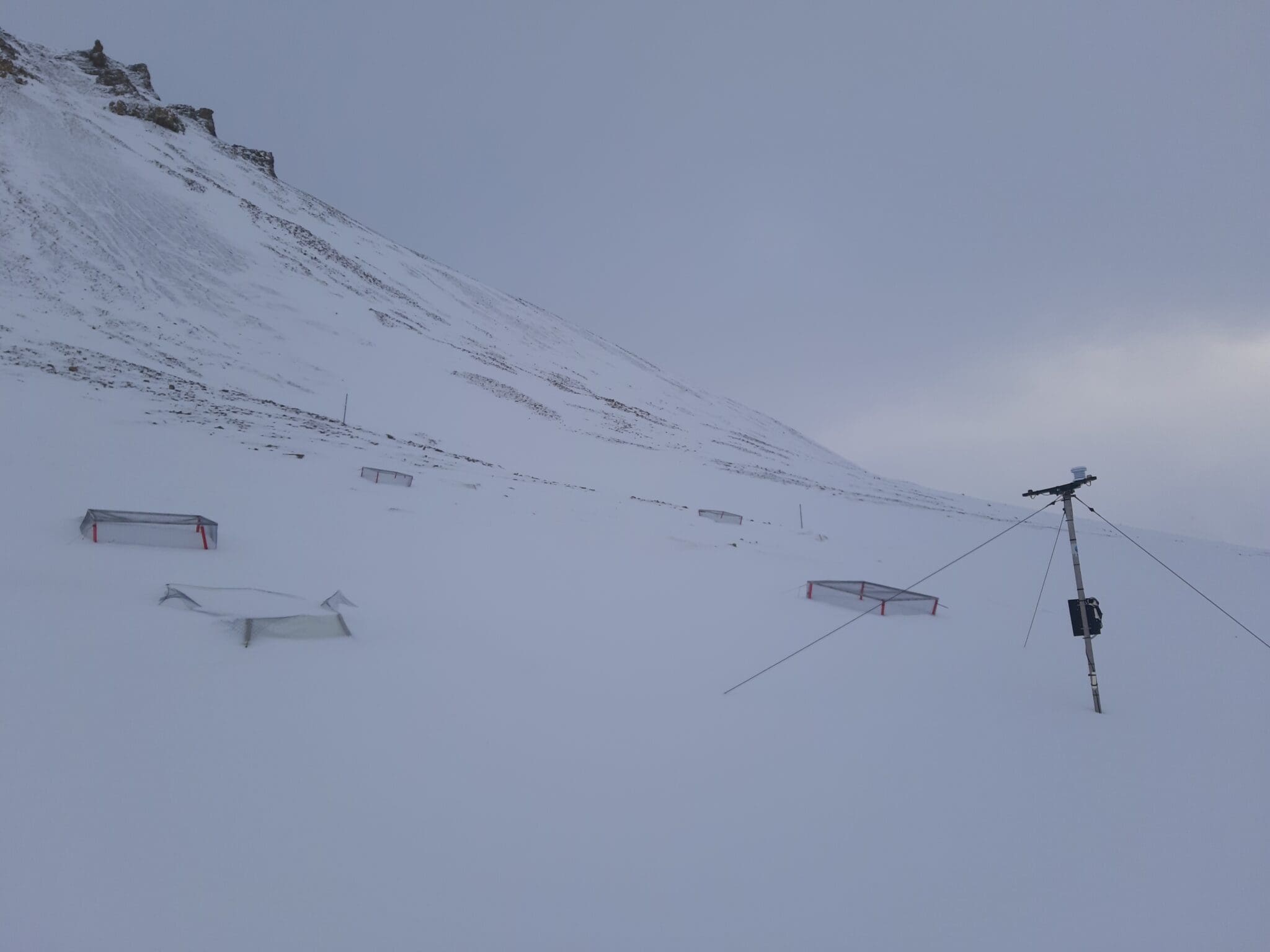
active
Long-term effects of climate warming on vegetation in Svalbard
In this project, we aim to study effects of warming and exclusion of herbivores on plant communities in the High Arctic after up to 20 years of experimental treatment.
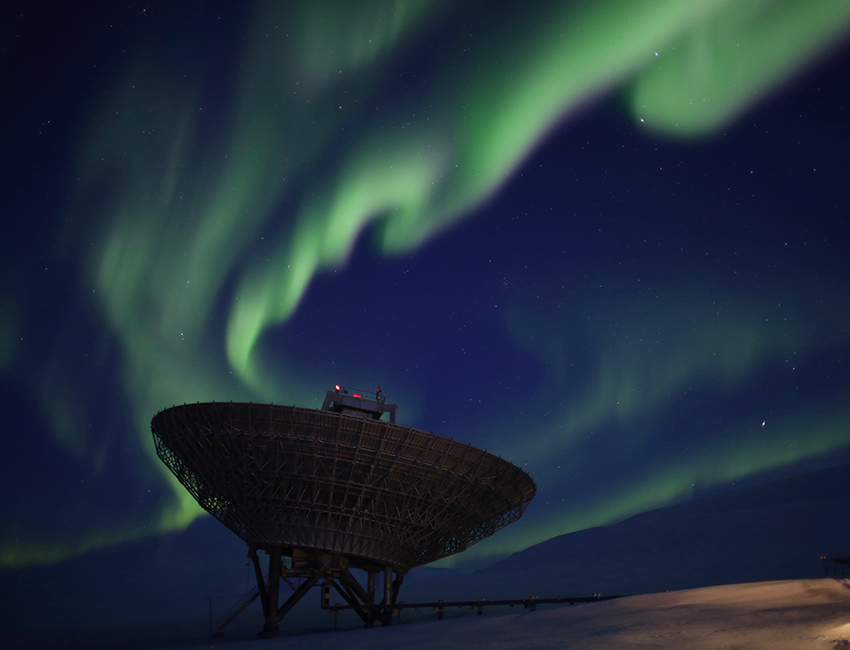
active
Magnetic Pulsations and Transients
The MAPAT-project brings together researchers from Norway, Russia and France. The project will use data from instrumentation across the polar regions, with a specific focus on instruments in Svalbard and Northern Scandinavia.

active
MASP-project
The goal of Multi-purpose Autonomous Surface Vessels for Polar marine research-project (MASP) is to develop uncrewed surface platforms for acquisition of oceanographic, bathymetric and other types of data in remote and challenging Polar marine environments.
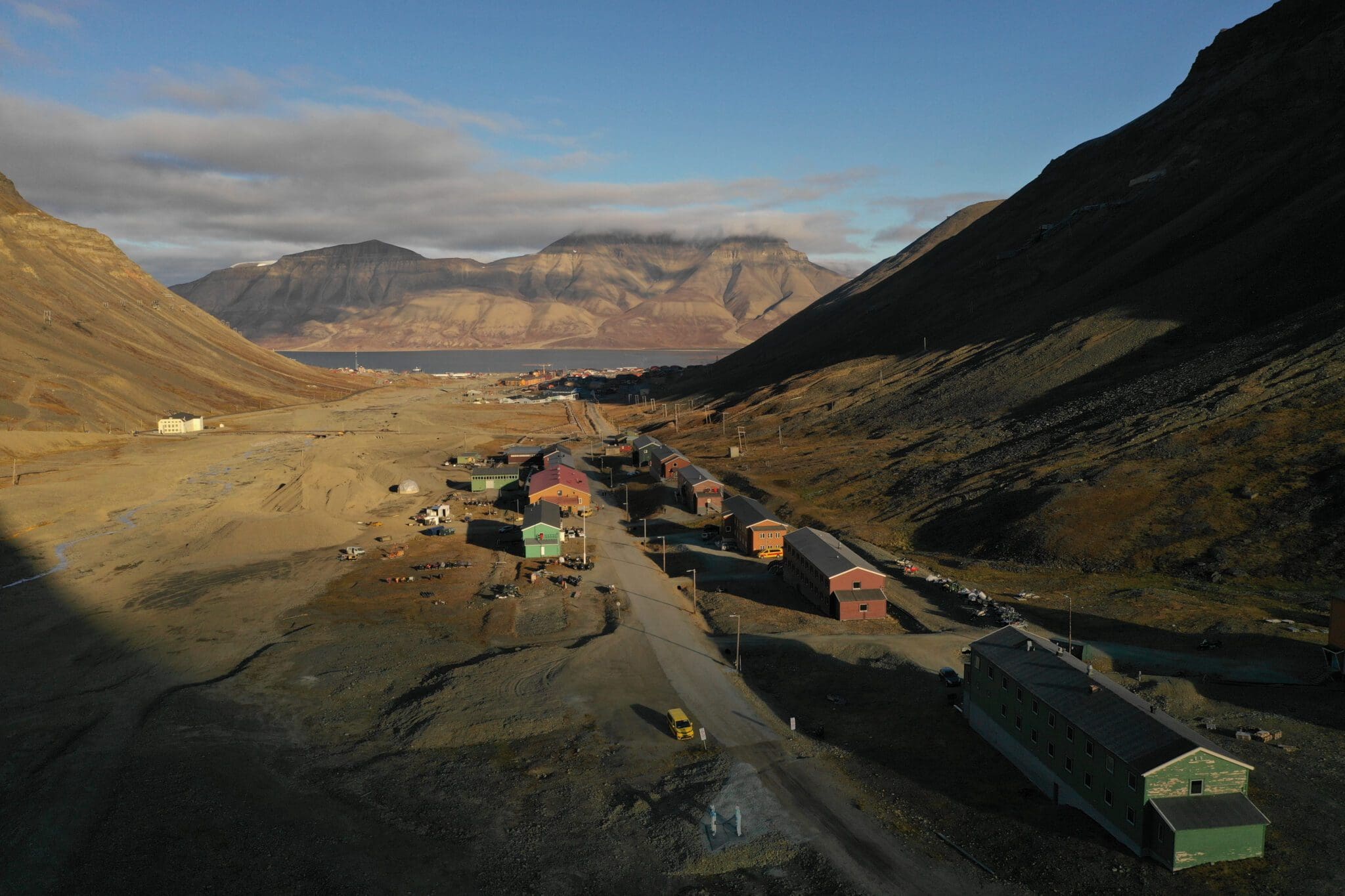
active
PermaMeteoCommunity
An interdisciplinary project focusing on developing resilience in Arctic communities by providing a climate change response system. This system will assist decision-making by providing real-time key geo-scientific observations affected by the increasing climatic changes, especially the high Arctic environment.
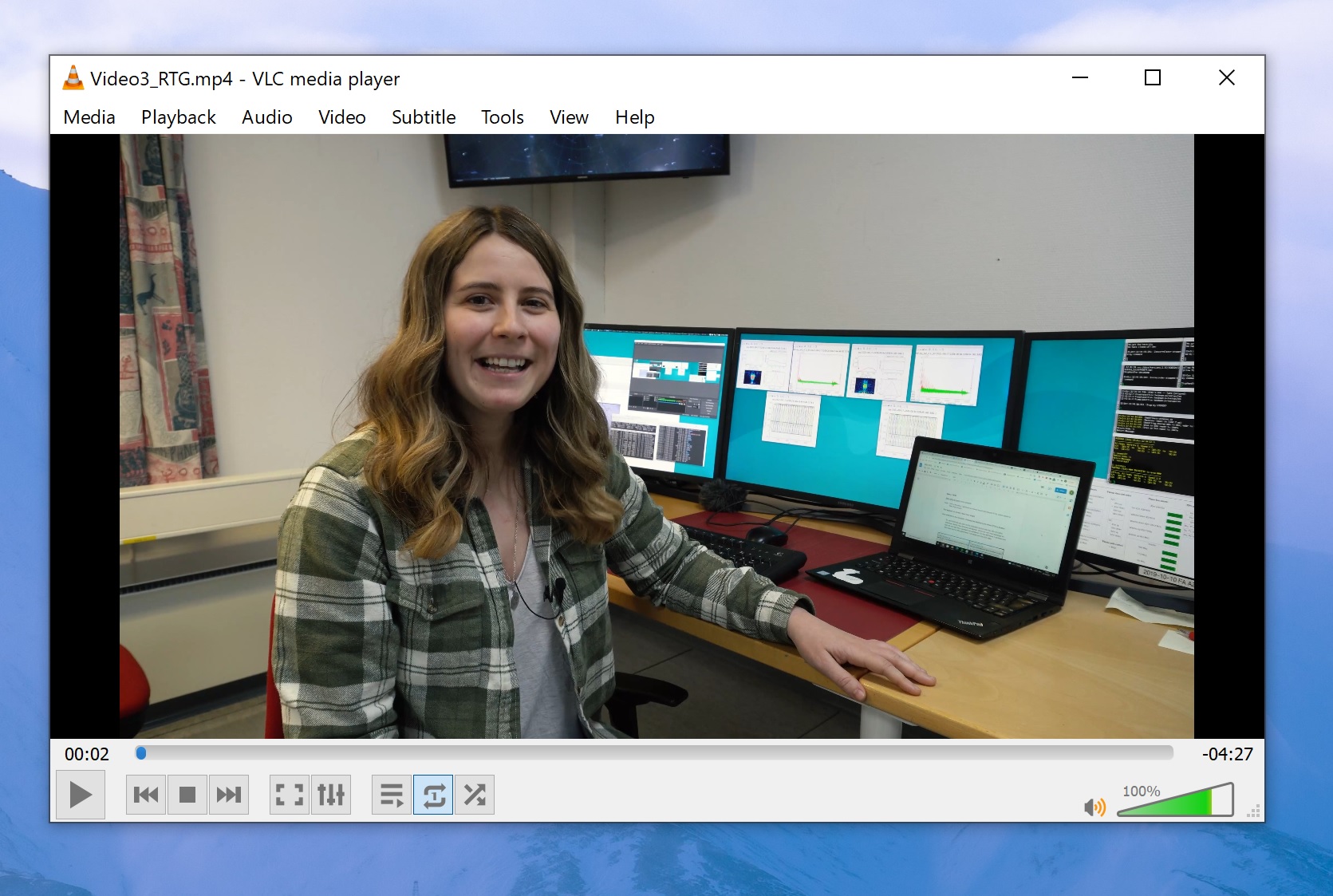
active
Preparation through instructional videos
FieldPass has produce several videos for different course leaders in order to help students prepare for field and lab activities.

concluded
Reflection tools and practices to promote learning
Students` reflective writing in field diaries may allow teachers to validate the achievement of fieldwork-related learning outcomes. Reflective writing has also the potential to help students to process and interpret their experience, making it easier to learn while operating in a dynamic environment with scarce resources and limited time. Thus, reflective practices can be helpful for fieldwork-related teaching and learning outcomes, depending on its design and implementation. However, its success depends on how these tools are designed and implemented. Best approaches is yet to be found. On this page, we provide information on the different reflective tools and practices that we are currently testing.
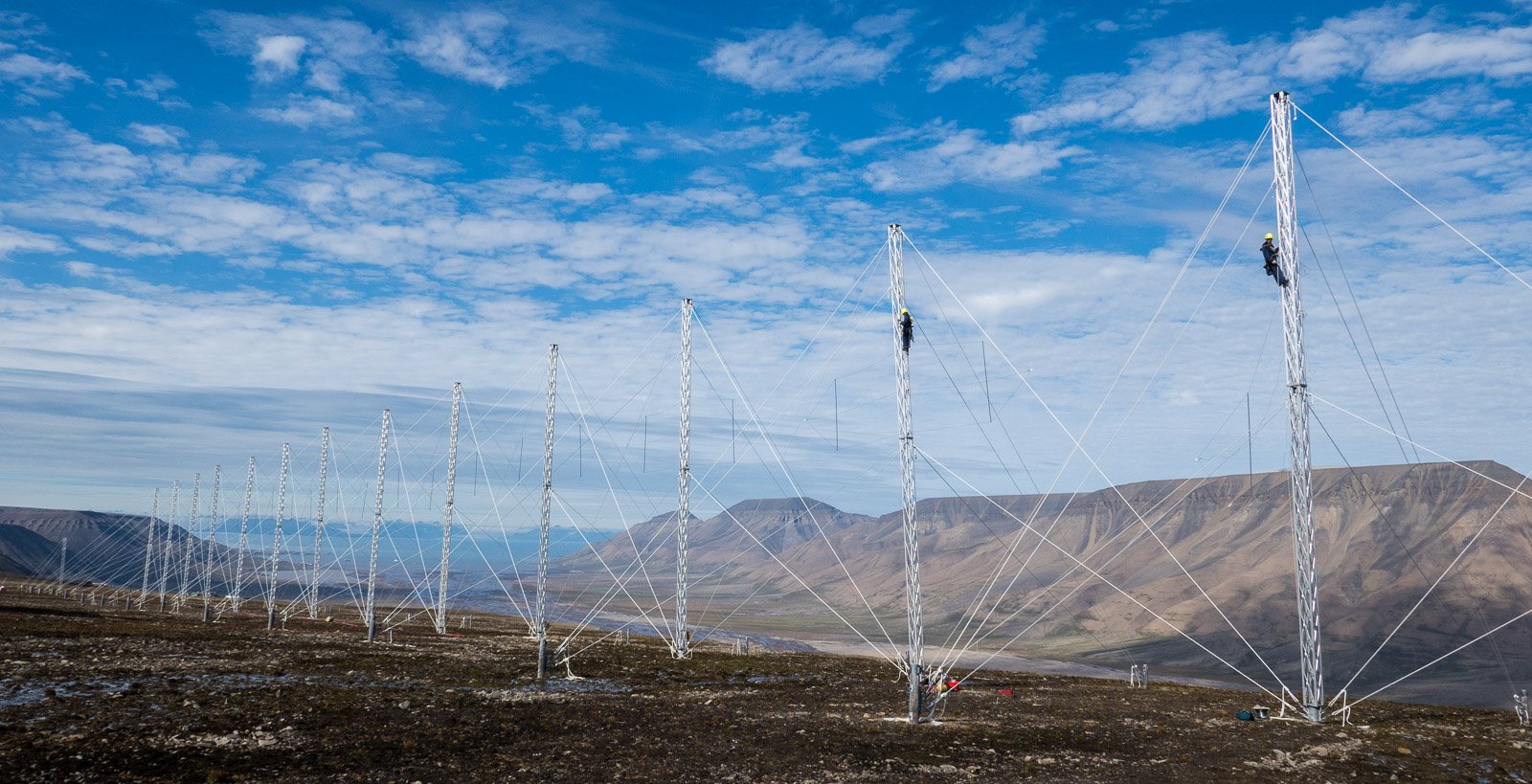
active
SuperDARN radar
The Svalbard SuperDARN Radar, located on Brienosa is an over the horizon ionospheric radar system. It is part of the SuperDARN international network of more than 30 high frequency (HF) radars designed for studying high-latitude plasma convection driven by interactions between the magnetic fields of the Sun and the Earth.